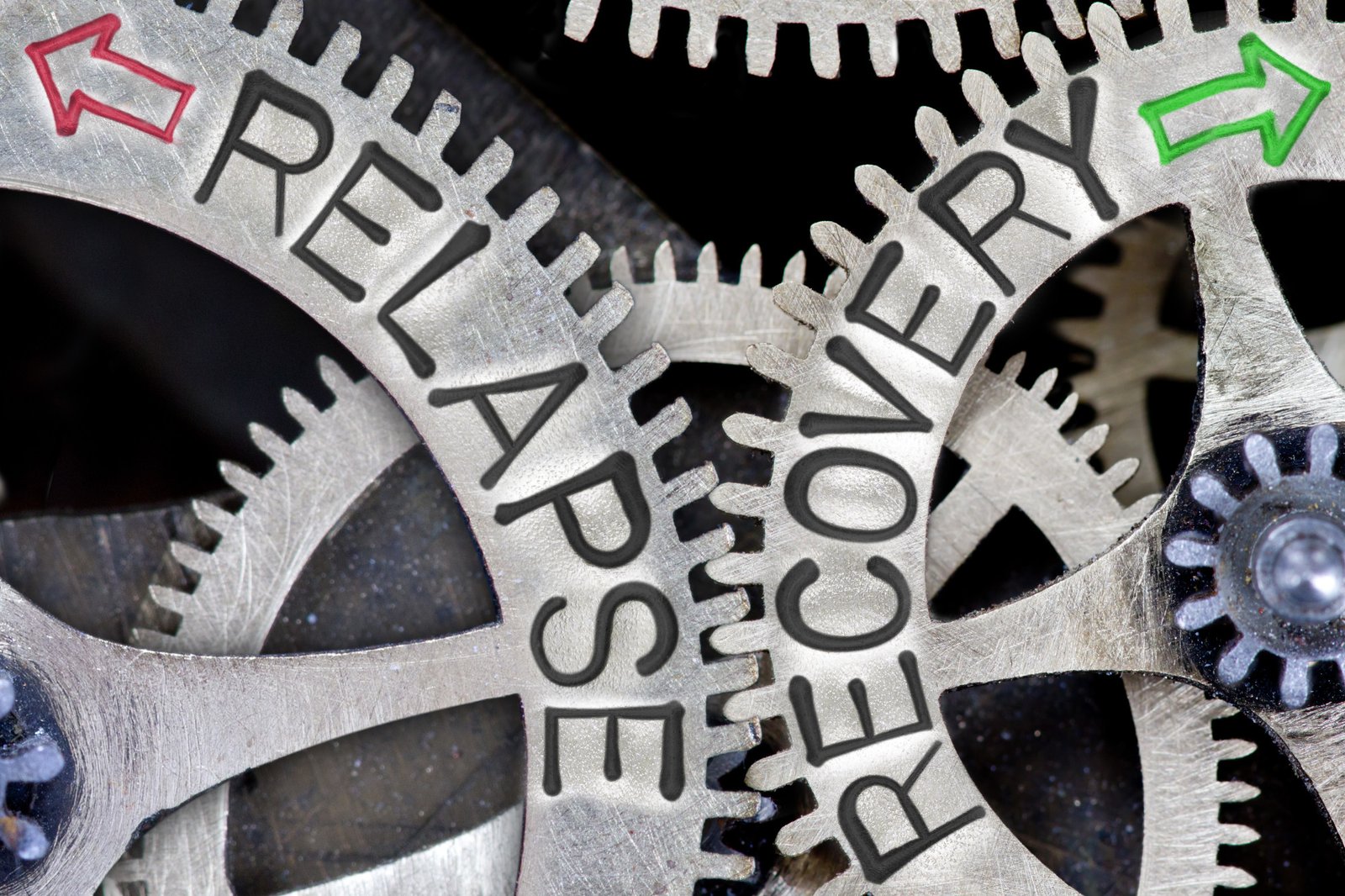
Why Do Addicts Relapse? Expert Insight
People recovering from substance use disorders are at constant risk of relapse. Unfortunately, 40-60% of them stumble at this all-important step.
First of all, what is a relapse? Simply put, it’s when a person starts drinking or using drugs after a period of sobriety. Unlike a lapse, which only occurs once, a relapse involves a conscious effort to keep using drugs or alcohol.
The big question here is: why do addicts relapse? In general, a relapse involves facing certain risk factors, such as difficult feelings or experiences. The more risk factors they face, the more likely they’re to relapse.
Being aware of these risk factors is the first step in any relapse prevention plan. To that end, here’s a list of common risk factors and how to avoid them.
Table of Contents
Exposure to Triggers
A “trigger” is any emotional or environmental cue that reminds you of drugs or alcohol. The most common triggers include specific places or things.
For instance, anyone suffering from alcohol addiction knows they should avoid bars. But what about the more subtle triggers? The impact of addiction on the brain is so big that even a minuscule thing can trigger a relapse.
Alcoholics, in particular, can associate many sounds with drinking. Bottles popping, glass clinking, or cans opening are all common triggers. For a drug addict, even a still image of a pill bottle can be disorienting.
Some of these triggers are so ubiquitous that they’re impossible to avoid. Still, being aware of them is a step in the right direction. If you feel like you’re getting triggered in a “random” situation, try to figure out why.
Peer Pressure
Like places and things, certain people can also be a trigger for relapse. In most cases, this happens due to a risk factor called peer pressure.
See, addicts often surround themselves with like-minded individuals. Friends and family members who drink or use drugs can put pressure on you to do the same. Even just being around them can stir up strong urges.
This is why every recovery process involves setting healthy boundaries. The people around you need to take steps to respect your sobriety. If they’re still using drugs or alcohol when they’re with you, it’s better to avoid them.
Eventually, you’ll create a stable foundation in your recovery process. At that point, you’ll be able to enjoy social gatherings without relapse triggers. That said, this takes time and effort, and you’ll need support until then.
Boredom and Isolation
For people early on in the recovery process, boredom can be deceptively dangerous. Before you know it, you could go back to your old ways.
Why is this the case? Well, many addicts used up most of their downtime on getting, using, and recovering from their substance of choice. All of a sudden, they’ll find themselves with a lot of free time on their hands.
Other than getting bored, many addicts find themselves isolated. And as the adage goes, an addict alone is in bad company. Being alone leaves you open to thoughts or emotions you may not want to hear or feel.
The solution: find new activities to enjoy in your downtime. Exercising, cooking meals, or going to addiction recovery therapy are all solid options. That said, be careful not to use these activities as a way to escape reality.
Bad Relationships
Entering recovery can be easier if you have a partner by your side. If you don’t have one, though, it’s best not to look for them until you feel ready.
The reason why this is important is that many people in recovery try to fill the void by entering the dating scene. And since dating and intimacy often involve alcohol, these people may struggle to avoid those triggers.
Even a long-term relationship can trigger unwanted emotions like anger and sadness. A newly sober individual may find these emotions hard to manage. This is why conflict is a major risk factor for a drug addiction relapse.
If you find yourself in a bad relationship, cut it out of your life. This goes back to setting healthy boundaries to protect you from harm. If you know that your partner is a danger to your sobriety, don’t be around them.
Poor Self-Care
Self-care is another essential part of addiction treatment. If you feel good about yourself, you’re sending your body a message you want to get better.
Unfortunately, poor self-care sends a strong message as well. Eating an unhealthy diet may result in poor neurological health. Bad sleep hygiene may leave you feeling irritable and anxious, increasing the risk of relapse.
Many poor self-care habits can also cause high levels of stress. When combined with poor coping skills, this is a one-way ticket to a relapse. The more stressed you are, the more attractive drugs and alcohol will seem.
The key to taking care of yourself is having the right support system. Your friends and family are a good starting point, but why stop there? Click for addiction treatment services to learn more about your options.
Overconfidence
Many people experience a “pink cloud” early on in the recovery process. Think of it as a honeymoon phase where you feel confident and elated.
Though confidence is a good thing, being overconfident is not. At the end of the day, anyone going through addiction recovery is at risk of relapse. If you feel that it can’t happen to you, you’re already in danger.
More often than not, overconfidence will put you in risky situations. If you’re at a party, for example, you may feel that one drink is totally fine. After all, you’re doing so well; why not reward yourself for all the effort you put in?
This line of thinking is far from the only danger of getting complacent. As they say, overconfidence is a slow and insidious killer. Don’t forget that it only takes one bad decision to undo weeks or months of work.
Why Do Addicts Relapse? Find Out Here
So, why do addicts relapse? Well, it all comes down to being in a high-risk situation and having a poor coping response to it. The above guide contains some of the most common examples of this condition.
Want to know more about how to deal with a relapse? Interested in your rehabilitation options? Keep reading our Health section!
Last Updated on July 14, 2023













